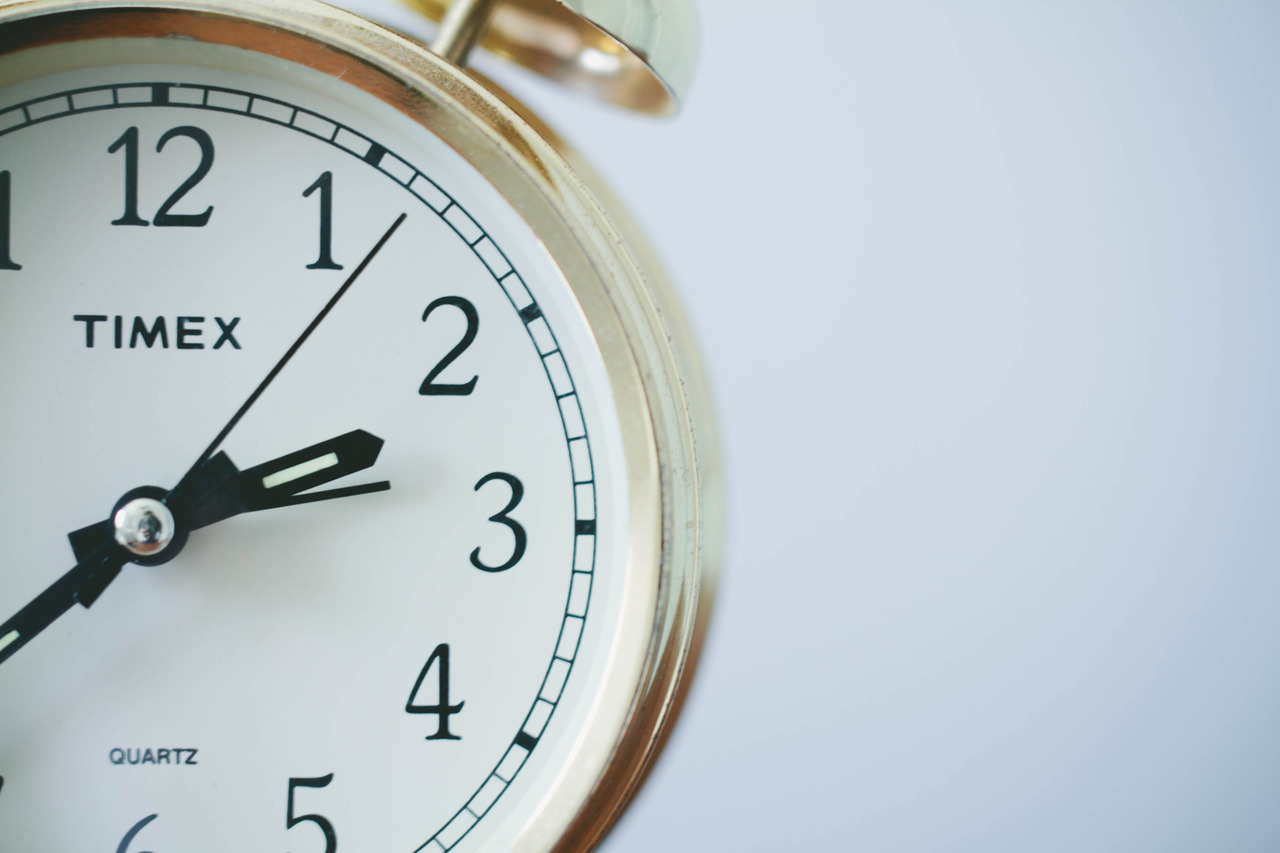The clocks go back on Sunday- but could the UK be calling time on timechanging?
by Joé Weimerskirch, reporter
People can look forward to getting an extra hour of sleep this weekend, as the clocks are being set back on Sunday.
Time will be set back by one hour at 2am on Sunday, 28 October, marking the end of British Summer Time, also known as daylight saving time.
But this might be the last time that the clocks are changed. Since 2002, an EU directive is regulating the time changes across Europe.
As Britain is going to leave Europe after Brexit, they don’t need to follow this directive anymore.
Even if Britain would decide to still follow this EU directive, the time changes might still be abolished.
The European Union announced that it is reconsidering time adjustments, following a referendum in which 4.6million people across Europe voted against time changes.
Shortly after the vote, the European Commission said that the last mandatory change will probably happen in March 2019, although individual member states could decide to do their last change already in October 2018.
As the clocks have been changing for the past hundred years, it has always been a controversial topic.
People against changing clocks are saying that it causes a jet-lag feeling, while people supporting it are saying that changing time is allowing them to have more spare time as the evenings are lighter in summer.
Most people actually don’t have to worry about changing their clocks, as most electronic devices and modern watches change time automatically. However, it’s always best to check.

